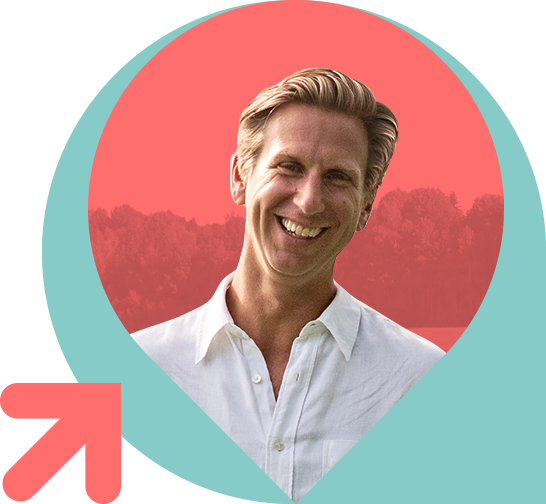Do you have to be selfish and work 80 hours a week to succeed?

Clients always ask me a version of this question at some point in their journey, and it is a question I come back to myself from time to time. Our role models seem to talk about sacrifice, hard work and toughing it out. Even the celebrities complain of non-stop work and burnout. Elite athletes seem to put winning at the centre of everything, even above their relationships. Do others need to lose for some to win?
The question needs some closer examination. First of all, what is success? I have written about this before, looking at moving from an external, society-defined version of success, towards an internal, more personal success. Consider the difference between defining your success in terms of money through trading the markets vs. caring for the elderly. Your version of success would clearly have a huge impact on how you approached work.
Trading is essentially a solo activity. You could work 24/7 if you were physically able to. It is also a win-lose activity, your relationships with others are less important than the decisions and risks you are taking. There really might be a strong link between the hours you put in, and the amount of money you make. If you burnout no one else at work suffers, just you. Even if you work for a firm you are replaced pretty quickly from a pool of others who you were previously competing against. Although being selfish is probably not a job pre-requisite, it may not damage your changes of success that much either. In a dog-eat-dog world. showing love and compassion to your colleagues is not highly sought after.
Now consider caring for an elderly person. Although you may live with them 24 hours a day, they are probably not in need of constant care and you are unlikely to be working 80 hours a week. If you do work too hard and burnout, that person really suffers, particularly if you have managed to build a strong relationship with them. Clearly, being selfish severely limits your ability to succeed in this profession. Human relationships and compassion are at the core of what you are doing everyday. You simply cannot be a successful carer in the mid to long term by working 80 hours a week and neglecting your relationships.
What about a less extreme example? Consider Alex who came to me a number of years ago as a highly ambitious and driven 35 year old. On many levels, he was already successful having established a number of profitable businesses. He was one of the most entrepreneurial people I had ever met, he had an amazing ability to make things happen and network. However, he was not at peace. Often angry and frustrated, he felt that what he had was not enough – he wanted more. He was definitely keeping score using an external set of measures, primarily money and had a very narrow definition of success. Work dominated his life and was his identity.
We began discussing his purpose, what he was put on this planet to do? What sort of legacy did he want to leave? What was making him in such a rush? We also began to expand his focus from himself to others close to him: his girlfriend, siblings, friends. Looking at how his ambition and definition of success was impacting them. He began reading an impressive array of books and our sessions often involved long discussions on key philosophical themes. He became a loving and present father, and worked to improve some of the key relationships in his life. The businesses continued to do well, but somehow there was less attachment to them, he was affected less by the ups and downs.
He increasingly found more balance in life, and higher levels of contentment. He was working less hard, valuing his relationships and choosing to work less with people he did not like or trust. We often returned to the question of whether this balance made him less ambitious, less driven, less successful? It seemed that initially his drive had been to make money, possibly at the expense of others, and that no amount would ever be enough. His drive was by definition insatiable. Although he accepted that he would now likely make less money in his lifetime, he recognised that he would make enough money by his definition, and that his life would be infinitely richer and happier through focusing on what he loved doing and by maintaining a set of healthy, warm relationships. That drive had been directed to a more rewarding focus, and in doing so it had mellowed and become less controlling of him.
I believe there may be certain periods in your life, stretches of months sometimes, where you do have to work harder than you would like. Sometimes these are whilst dealing with great adversity, sometimes seizing an opportunity that feels right to you. I don’t believe though that this can be sustained, or needs to be sustained. Even in these moments of intensity there is never a reason to walk all over others. It never helps. It may bring some short-term gain (at another’s expense) but always catches up with you. Failing to value others over time leaves you with a smaller and smaller pool of like-minded individuals to do business with. Even those pursuing this path, eventually realise at some point that they may have mis-defined success.
Ed
More Articles
Organisational health - the heartbeat of a business
Organisational health- the heartbeat of a business When we talk about business success, we often look first at strategy; the clever plan, the…
Rituals
Rituals surround us at work, in society and at home. They help manage emotions- think about what happens when someone dies…
How to take the right risks
Individuals and organisations can both benefit from a more entrepreneurial approach. Starting a new business, solving difficult problems…


